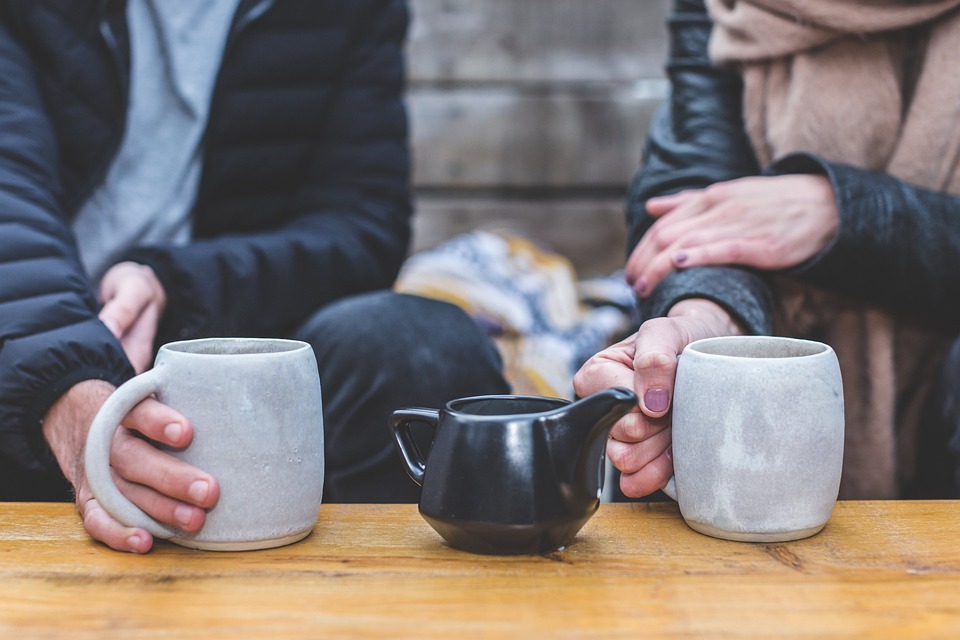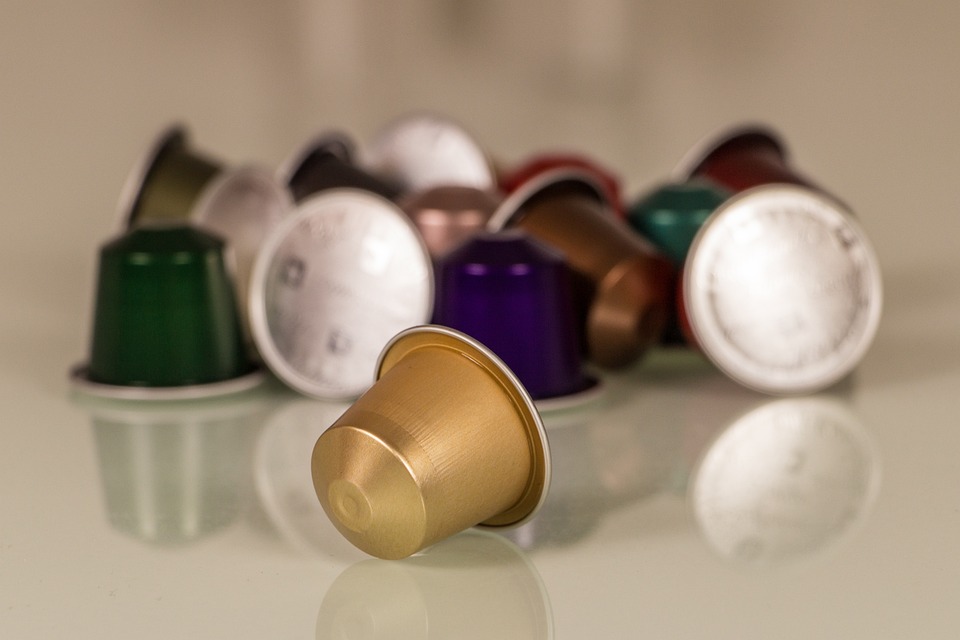In the United States, it’s customary for 64% of adults to consume coffee daily. Beyond doubt, coffee holds the title as the most favored non-alcoholic beverage in the country, a fact that highlights the abundance of coffee shops.
You’re ready to start your day when you have a cup of coffee because it makes you feel alert and alert, and it provides you with a boost to get through the most challenging tasks of the day.
But why does caffeine have no effect on some people? As good as it is, caffeine does not affect everyone in the same way. In just one little cup of coffee, you can become wired. Yet, in another person, caffeine may not have the same effect.
Every morning, if you’re on the train wondering, “Why doesn’t coffee wake me up?” You’ve come to the perfect spot. We’ll give you all the reasons and explain why this miracle stimulant doesn’t work for everyone.
What Does Caffeine Do?
Caffeine is a central nervous system stimulant. It speeds up the messages between the brain and the body, leading to increased alertness and energy.
Caffeine can also affect the body, including increasing heart rate, raising blood pressure, increasing urination, and causing jitters or anxiousness.

Everyone metabolizes caffeine differently, so it affects people in different ways. Some people feel more energetic after drinking coffee, while others might feel jittery or anxious. The effects of caffeine usually last for 2-3 hours.
Reasons Coffee May Not Have an Effect on You
1. You have a higher caffeine tolerance.
If you’ve been drinking coffee regularly for a while, your body may have built up a higher tolerance to caffeine. This means you’ll need to drink more coffee to feel the same effects as someone who doesn’t drink coffee regularly.
2. You don’t drink coffee regularly, so your body isn’t used to metabolizing it.
If you don’t drink coffee regularly, your body may not be as efficient at metabolizing it. This means that you may not feel the effects of caffeine as much as someone who drinks coffee daily.
3. You only consume decaf coffee.
If you only drink decaf coffee, you’re not going to get the same effects as someone who drinks regular coffee. Decaf coffee has had the majority of the caffeine removed, so it will not have the same stimulating effect on your body.
4. You drink coffee with milk and sugar.
If you add milk and sugar to your coffee, you may not feel the effects of caffeine as much. The milk can act as a buffer to the caffeine, and the sugar can give you a temporary energy boost that may mask the effects of caffeine.
5. You drink weak coffee.
If you’re used to drinking strong coffee, weak coffee will have a less pronounced effect on you. If you typically drink weak coffee, switching to a stronger blend may help you feel the effects of caffeine more.
6. The amount of coffee you drank was small.
A small amount of coffee may not affect you as much as a large amount. This is because there is less caffeine in a small cup of coffee than in a large cup of coffee. If you want to feel the effects of caffeine, you may need to drink more coffee.
7. Sleep deprivation
One of the main reasons coffee may not affect you is that you’re not getting enough sleep. When you’re sleep-deprived, your body can’t metabolize caffeine as effectively. This means that even if you drink a lot of coffee, you may not feel as awake as if you were well-rested.
8. Caffeine may not affect you due to your genetics.
There are various reasons why coffee may not have the same effect on you as it does on other people. One reason is that your body may not be able to metabolize caffeine as efficiently due to your genetic makeup.
If you want to feel the full effects of coffee, try drinking a more concentrated form of caffeine, such as espresso or black coffee.
9. Caffeine may not affect you because you’re fatigued.
Another reason why coffee may not affect you is that you’re already fatigued. When you’re tired, your body can’t metabolize caffeine as effectively.
10. Caffeine may not affect you due to other medications.

You might be taking other medications that interfere with the way your body metabolizes caffeine. This means that even if you drink a lot of coffee, the caffeine might not have the same effect on you as it would on someone who wasn’t taking any other medications.
If you want to feel the full effects of caffeine, talk to your doctor about whether or not your medication is affecting your ability to metabolize it.
Conclusion
There are several reasons why coffee might not affect you the way it does other people. It could be that you have a higher tolerance for caffeine or metabolize it differently. Another possibility is that you don’t drink enough coffee to feel its effects.
We have highlighted all the possible reasons why drinking coffee doesn’t affect you. If you want to see if caffeine affects you, try drinking a cup of coffee and paying attention to how you feel afterward.




